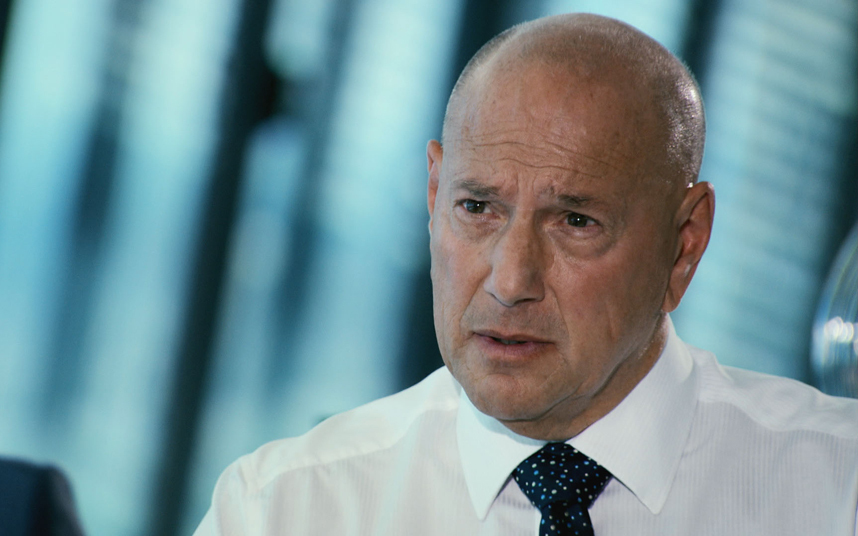Whether in pharmacology, immunology, quality assurance or R&D, securing those prized science jobs depends on more than just getting your CV right - you will also need to negotiate what may be some seriously bruising interview questions.
Here are just five that you might face, along with suitable responses.
1. Why should you get this job?
This question calls for good pre-interview preparation. Before walking into the room, pick out three to five characteristics from your CV that make you indispensable, backed up with examples. Employers want to see evidence of a strong track record.
2. Where do you see yourself in three to five years?
Responding with "I have no idea" - as truthful as it may be - suggests that you have little idea what direction your career is going in or for how long you intend to be in the job. A much better approach is to say you have carefully assessed your career aims and learned that you can best develop in the role for which you are being interviewer.

3. What was the worst aspect of your last role?
Again, telling the truth - such as that you hated the hours or your boss - may be tempting, but in doing so, you can inadvertently reveal a weakness of your own. This, of course, is why the question is being asked. It's more advisable to instead say that your responsibilities were not sufficiently challenging - or something similar that would indicate you are ready for the step up.
4. Why is there a gap in your work history?
Answering this one well is much easier if you can demonstrate that you have actually spent your time in-between jobs productively. Employers understand that from time to time, people can lose their jobs and not always immediately find another one. However, time spent looking after family members, volunteering or undertaking freelance projects can all help to make you more marketable from a science recruitment perspective.
5. What is your greatest weakness?
This is yet another question that draws out unwitting admissions of weakness in ill-prepared candidates. You can avoid becoming one of them by stating a 'weakness' that could be equally easy considered a strength - for example, a tendency to say yes and over-commit. Follow this with an example of how you are becoming better at prioritising, and you will look like an even better candidate for the job.
